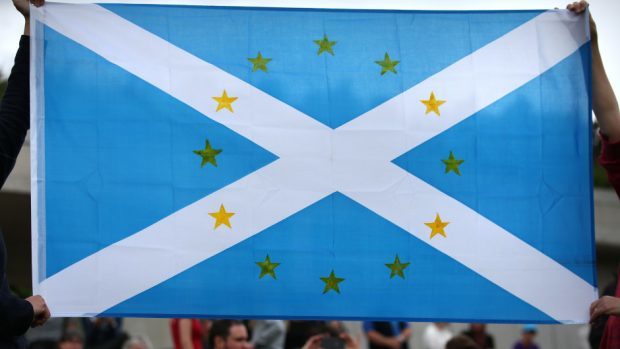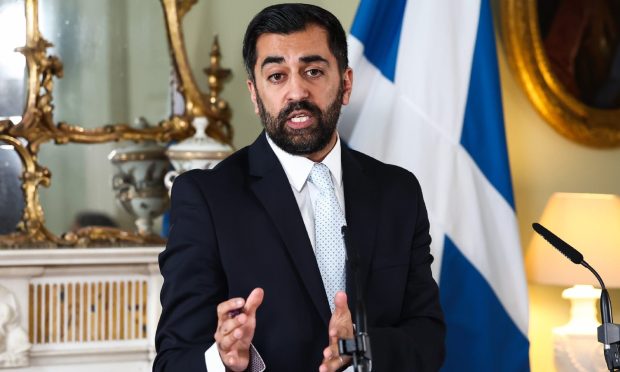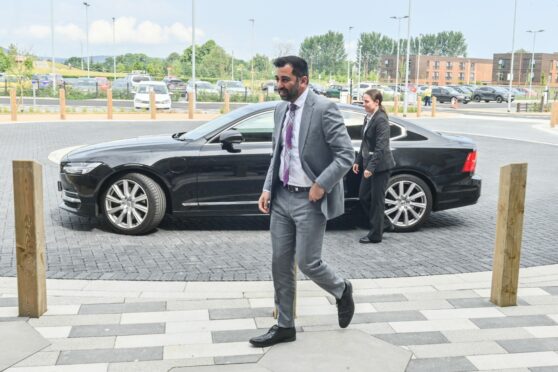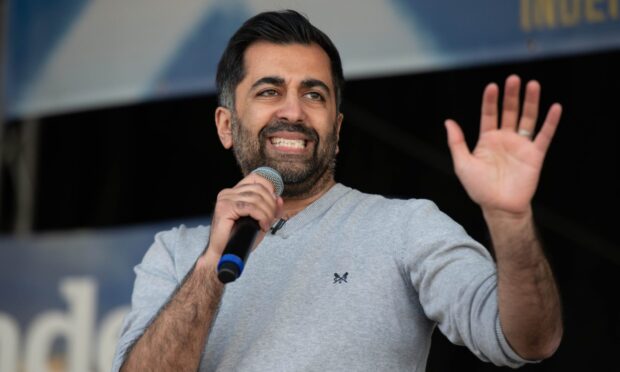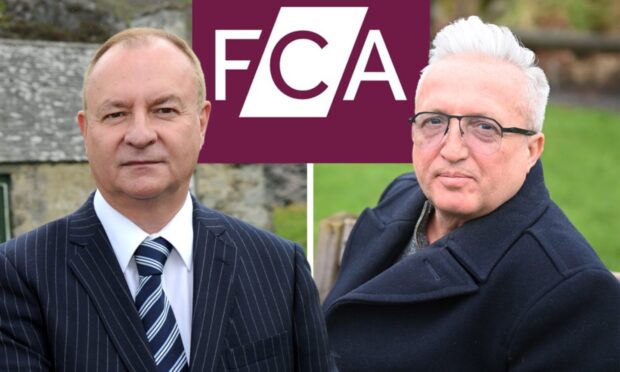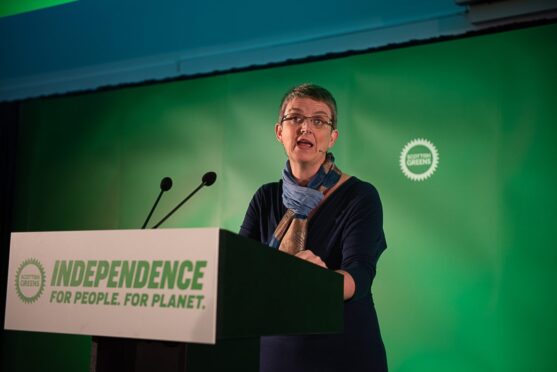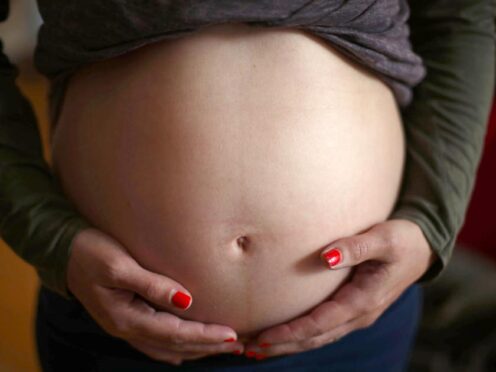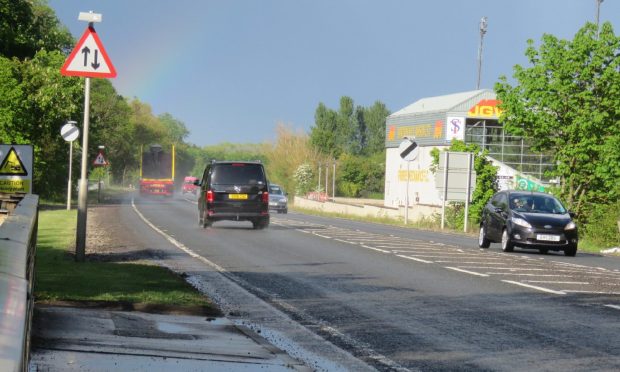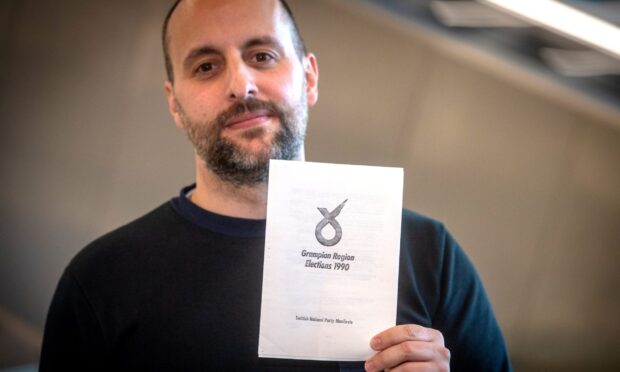A cross-party Holyrood group has concluded membership of the EU’s single market is “key” to the Scottish economy.
In the first of a series of reports on Brexit, MSPs said free movement of goods and services is essential for growth north of the border.
The verdict could put Holyrood on a collision course with Westminster, with Prime Minister Theresa May recently refusing to say whether she wants the UK to stay in the single market.
Brexit minister David Davis also said it was “very improbable” that the deal with Brussels would include access to the EU market, given such access also requires free movement of people – a key sticking point for leave campaigners.
On Wednesday, First Minister Nicola Sturgeon will appear at a special session in front of MSPs to give evidence on Brexit.
The Convener of the European and External Relations Committee, Joan McAlpine, said: “It is clear from the initial evidence that access to the single market is the preference of most organisations we spoke to – meaning free movement of goods, services, people and capital.
“The prime minister has said ‘Brexit means Brexit’ but exactly what that will look like remains a mystery.
“Our committee will continue to explore in detail how access to the single market can be maintained for Scotland, scrutinise the alternatives and listen to voices from across Scottish society.
“Most immediately we will examine to what extent Scotland will be able to influence negotiations.”
Since the referendum on June 23, the committee has taken evidence a range of experts in constitutional law and EU policy, as well as economic commentators, business groups, fisheries and farming interest groups and the trades unions.
Cabinet Secretary for Culture, Tourism and External Affairs, Fiona Hyslop MSP has also appeared before the committee.
North East MSP Lewis Macdonald MSP, who is deputy convener of the committee, added: “The Scottish Parliament has been united in affirming to citizens of EU countries already living here that they remain welcome and valued members of our communities.
“Our committee expects Scottish ministers to prioritise the interests of EU citizens who make such a valuable contribution to our public and private sectors and those attending our higher and further education institutions in their discussions with their UK counterparts.”
